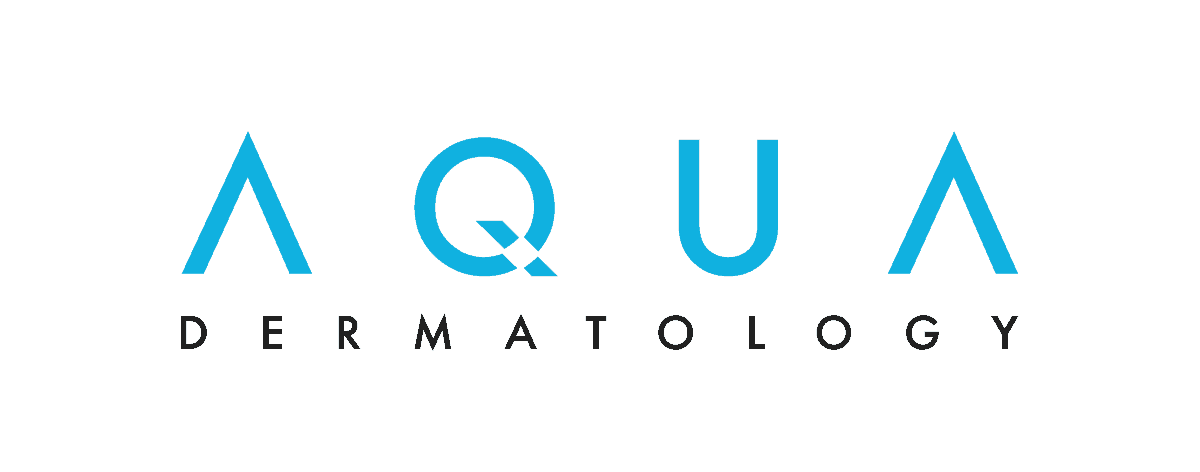
Medical Review By: John Minni, DO
If you’ve ever had acne, you know how frustrating it can be. But for some people, it’s more than frustrating.
“Many people think that acne is just a cosmetic issue, but the condition can lead to depression and anxiety, and teenagers are particularly vulnerable,” said John Minni, DO, a board-certified dermatologist at Water’s Edge Dermatology.
“They’re at a stage when they’re trying to fit in and establish their identity, so it’s disheartening for them to be constantly reminded of their acne, whether they’re looking in the mirror or other people point it out.”
Scientists have long suspected that acne and depression were linked, as well as acne and anxiety. In 2020, a review of 42 studies published in the Journal of the American Academy of Dermatology confirmed these associations. The authors advised dermatologists to pursue aggressive treatment in patients with acne and to consider screening them for mental health issues or referring them to a mental health professional.
Teen acne has wide-ranging effects
Coping with acne, regardless of its severity, can affect nearly every aspect of a teen’s life, Dr. Minni said.
“Acne can contribute to low self-esteem and a poor self-image and make teenagers a target for bullies,” he explained. “As a result, they may try to make themselves invisible.” They may avoid speaking up in class, trying out for sports, joining clubs and hanging out with friends, or making new ones.
Acne can make grooming difficult for teenage boys who are starting to shave and may struggle to avoid nicking blemishes. Body acne may limit clothing choices. Teens ready to date may worry that no one will find them attractive.
Even though many teens get acne, it can create a feeling of loneliness.
“Teenagers are bombarded with images and videos of people with perfect skin, especially on social media sites such as Instagram, that can make them feel like they’re the only person who struggles with acne,” Dr. Minni said. They may not realize that in many cases the photos have been retouched or the person is wearing heavy makeup.
Who’s at risk for acne-related depression and anxiety?
Not every teenager with acne will develop emotional health problems. And not all cases of depression and anxiety in teens are related to acne.
“Acne can be a big instigator of depression and anxiety, but these illnesses are multi-faceted,” Dr. Minni says. “Battling acne may simply be the tipping point for teenagers who are already vulnerable to depression and anxiety due to genetics and environmental factors such as lack of social support.”
Gender may also play a role. Studies have shown that teen girls suffer more emotional distress due to acne than boys. However, the gap appears to be narrowing, according to Dr. Minni.
“The pressure on teen boys to meet certain standards of attractiveness has increased significantly over the years,” he said. “But the good news is that boys are now more likely to see a dermatologist for their acne. It used to be that ‘tough guys’ didn’t do that.”
Acne treatment for teens is critical
Treating acne early on can help reduce the risk of harmful psychological effects. If a teenager has already started showing signs of depression and anxiety related to acne, prompt treatment can help ease or resolve their symptoms, Dr. Minni noted.
“Early intervention is also important because fewer blemishes mean there are fewer opportunities to develop acne scars,” he added. “These scars may be permanent and can cause a lot of distress for years to come.”
Acne does sometimes respond well to over-the-counter cleansers and treatments, but many teens will need to see a dermatologist get results. If OTC products don’t lead to significant improvement after three months of regular use, that’s a sign to see a dermatologist.
“Parents and teens should know that dermatologists have more options for treating acne than ever before that are simple, safe, and affordable,” Dr. Minni said. “Teenagers can get extraordinary results from acne treatment, and that can help restore their confidence.”
Article Written By: Jessica Brown, a health and science writer/editor based in Brooklyn, New York. She has written for Prevention magazine, jnj.com, BCRF.org and many other outlets.





